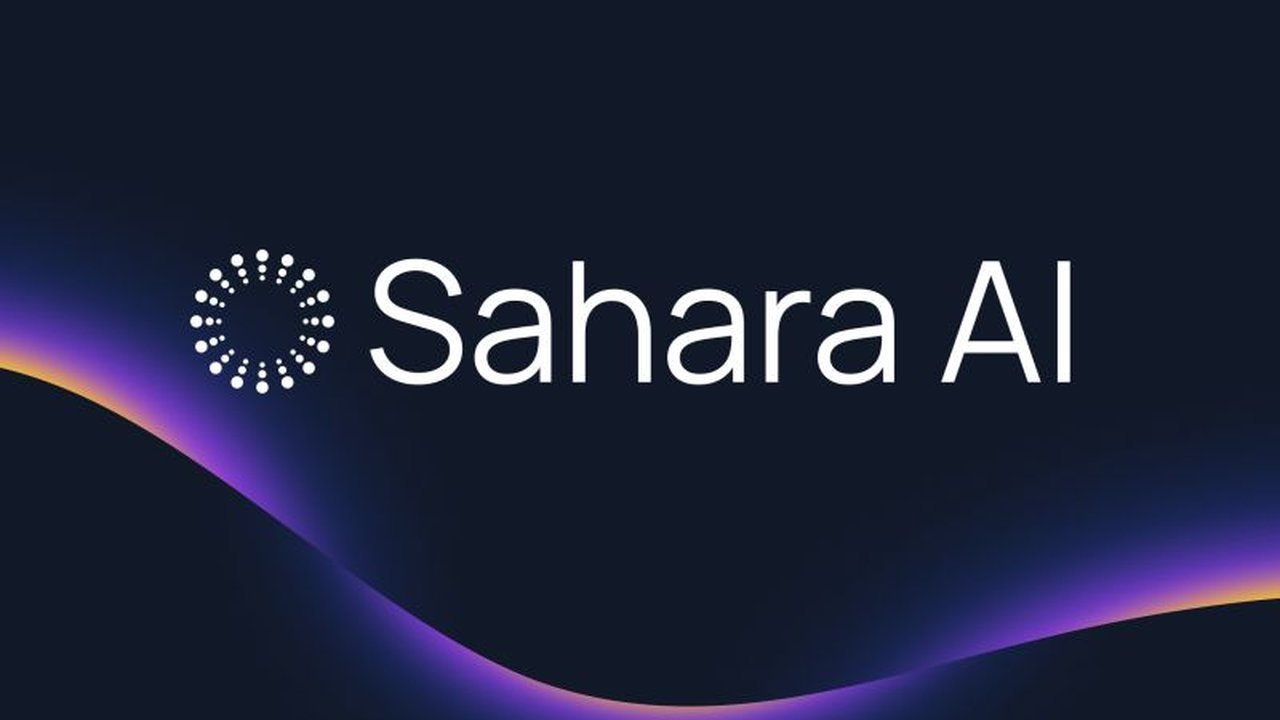Blockchain is an immutable ledger that provides a transparent exchange of encrypted data that is shared with multiple parties in sync. A blockchain network can track orders, payments, accounts, production and much more. Because authorized members share a single view of reality, they gain confidence in their dealings with other businesses for efficiency and new opportunities.
Jewelery Industy
In recent years, international markets have taken steps to eliminate problems such as blood diamonds and child labour. On the other hand, fraud and falsification are serious problems. The idea that the common way to solve these problems for everyone is through blockchain technology is gaining acceptance.
According to the news in Forbes, “De Beers”, which mines and trades more than 30% of the world diamond supply, announced that it will create the first blockchain ledger to track the stones from the moment they are mined to the moment they are sold to consumers. This step is seen as an essential part of the marketing process as consumers become increasingly sensitive to issues with conflict diamonds and demand assurance that the stones they purchase are ethically sourced.
Health & Pharmaceutical Industry
In particular, the COVID-19 crisis has increased the importance of collecting and maintaining accurate medical information. IBM has created a master patient index (MPI) platform that is a single, accurate record for each of the 9 million people in its healthcare network.
Thanks to MPI, all patient data can be verified by deduplication on the platform. MPI has an infrastructure that brings together patients' medical histories, treatment protocols, medications and allergies, imaging and laboratory test results. Here, there is a development ranging from facilitating the diagnosis of the patient to improving health services.
MPI; With its ability to combine person, address, demographics and geocoding, it can develop mapping patterns to identify other critical areas, including gender, race, ethnicity, and examine whether economic conditions make certain populations more vulnerable. Using MPI can help facilitate information collection and information reconciliation by confirming that tests performed by laboratories outside the patient registry system are correctly identified and linked to patient records. When lab results are returned, MPI is used to verify if a person is on a known panel of doctors.
In terms of Covid-19, for example, it provides the physician with information on whether a patient in their care is positive and whether they are self-isolating at home or hospitalized. Blockchain and artificial intelligence in the pharmaceutical industry significantly increase the success rate of clinical trials, while adding visibility and traceability to the pharmaceutical supply chain. Combining advanced data analytics with a decentralized framework for clinical research enables data integrity, transparency, patient tracking, consent management and automation of trial participation and data collection.
Agriculture & Livestock Sector - Efficiency with Blockchain
The Food and Agriculture Organization of the United Nations (FAO) has released a report. They analyzed how blockchain and smart contracts can increase efficiency, transparency and traceability in agricultural supply chains and improve rural development interventions. Blockchain-based technologies have the potential to promote more sustainable agricultural supply chains, facilitate trade and provide a more inclusive system. Blockchain is a powerful connector for economic growth and inclusive trade. It is also a provider of new market opportunities for micro, small and medium businesses.
With the launch of a commercial blockchain protocol for agriculture, users will be able to interact with the blockchain. Blockchain connects grain farmers, buyers, field operators and financiers through a single platform. Thus, enabling them to make contracts, deliveries and payments securely and in real-time. Unlike traditional paper-based agricultural supply chain processes, it brings together finance and data flows. This provides users with more information about assets and supply chain; It improves liquidity, transparency and security for all supply chain participants, including farmers, traders, producers, financiers and consumers.
Blockchain is just one part of a large digital infrastructure. It allows users to easily access the protocol and verify the accuracy of the recorded information. Increases transparency in product traceability to reduce waste and ensure consumers receive food at the highest freshness. It gives information about the stages at which the purchased product is finally on the shelf; thus, it raises awareness of individuals in terms of consumption. It provides the consumer with clear information about where, when and by whom products were produced in a safe and healthy manner.





No comments yet for this news, be the first one!...